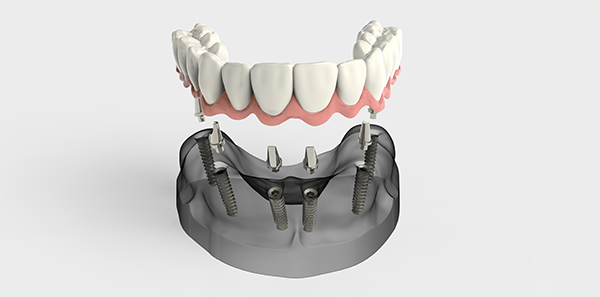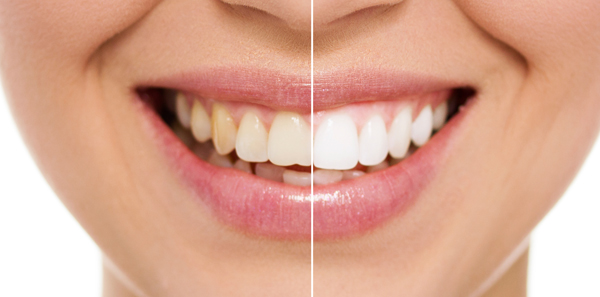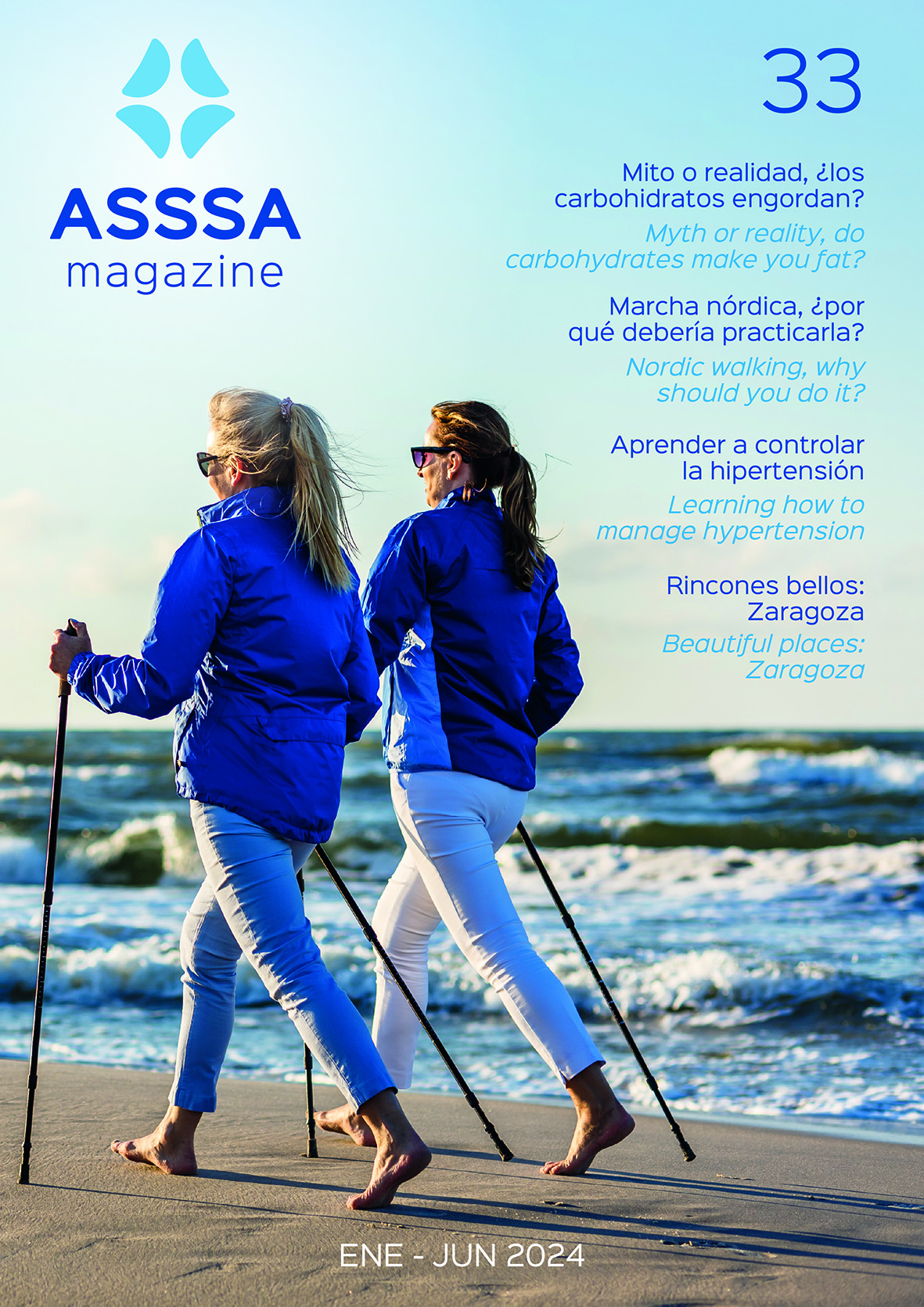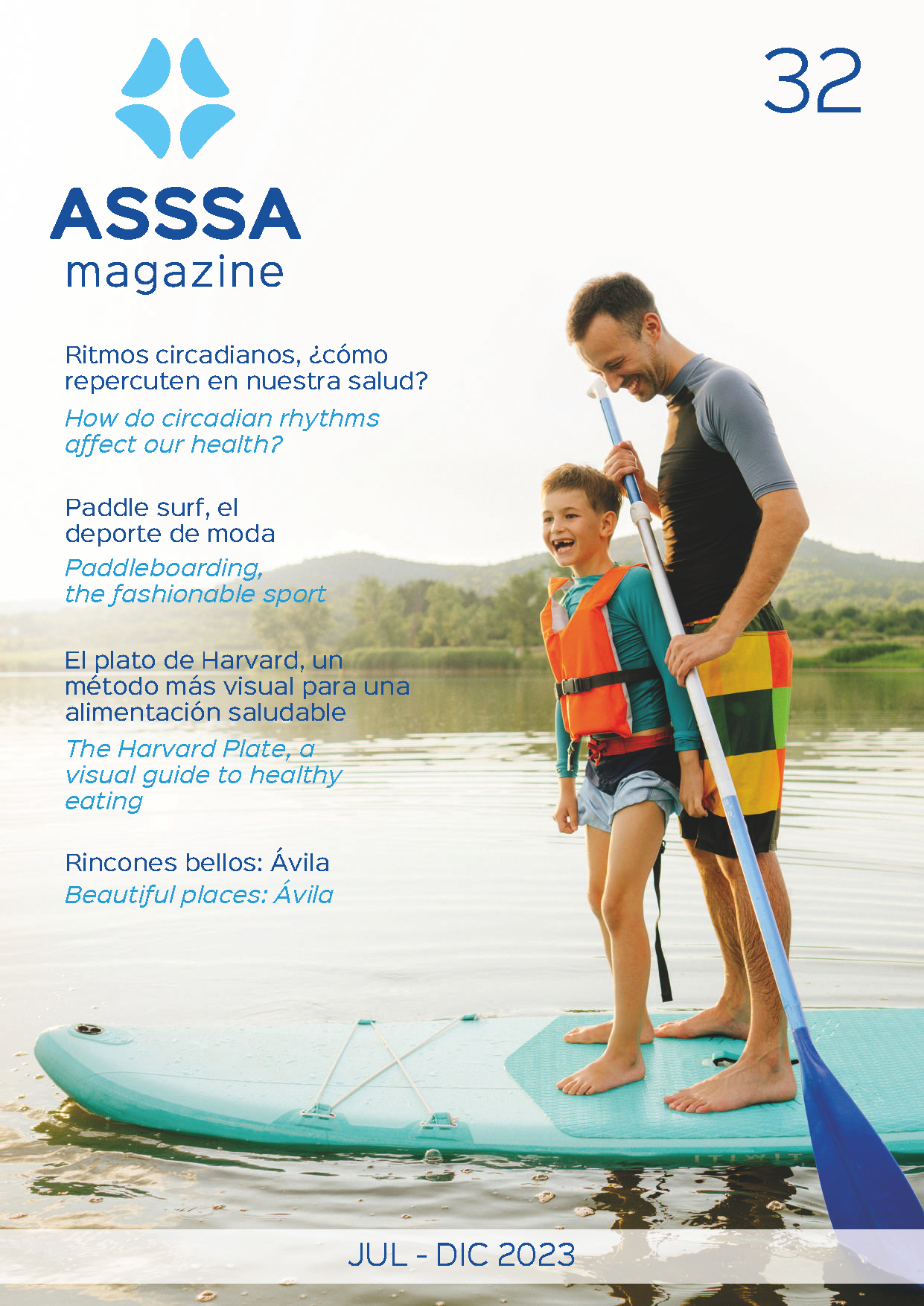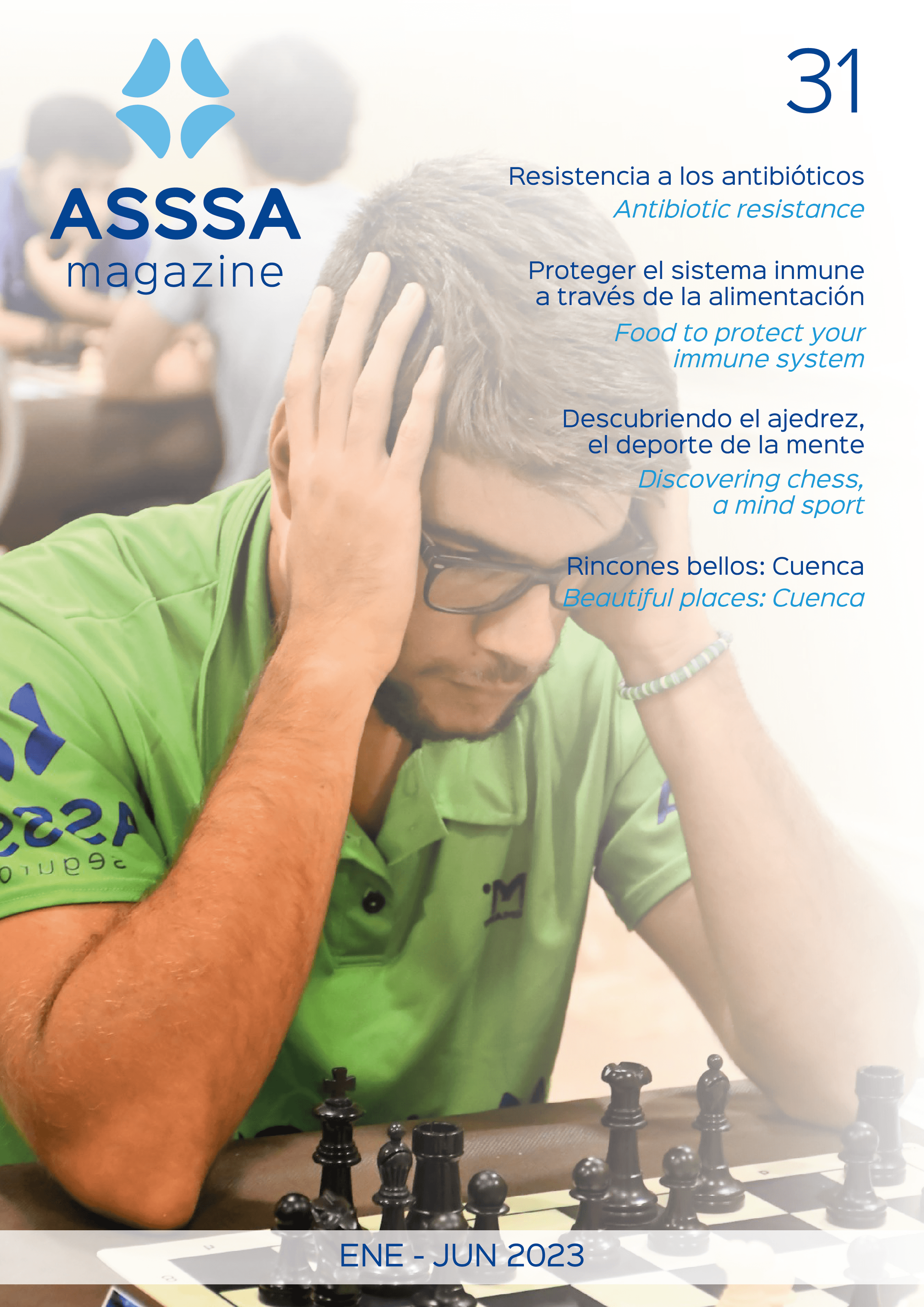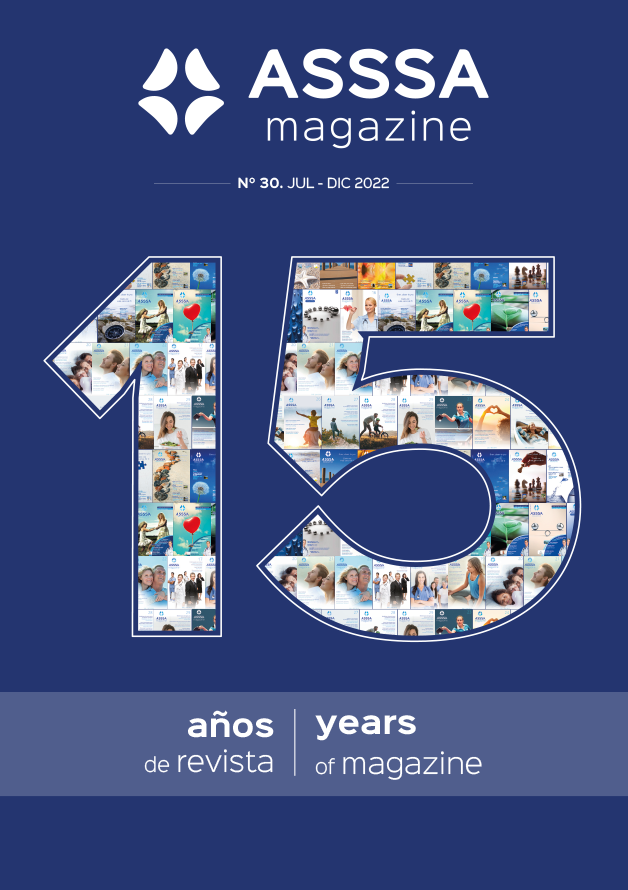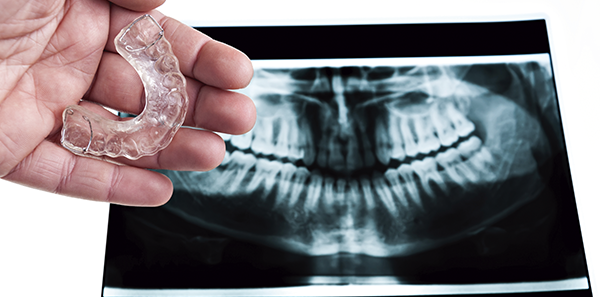
Bruxism is excessive teeth grinding and jaw clenching unrelated to normal function such as eating or talking.
It affects around 10% – 20% of the population. It can occur during the day (awake bruxism) or at night (sleep bruxism). It affects adults and children of both sexes and can disappear of its own accord at any time during the sufferer’s life.
Causes
1. The main triggers for this condition are stress and anxiety.
2. It is not caused by intestinal parasites (contrary to popular belief).
3. Dental disorders such as malocclusion.
4. Central nervous system mechanisms plus muscular problems.
5. Psychological factors may also exacerbate the condition.
Symptoms
1. The excessive pressure of teeth on the muscles, tissues and structures surrounding the jaw can, over a long period of time, lead to problems in the temporomandibular joint (the jaw joint).
2. Anxiety, stress, depression.
3. Teeth become worn down.
4. Earache, headache.
5. Muscle sensitivity.
6. Sensitivity to cold, hot, sweet or acid food.
7. Eating disorders.
8. Pain and/or inflammation in the jawbone.
9. Insomnia.
Treatment
1. In the most severe cases, a dental protector made of resin or silicone has to be fitted, known as a mouth guard, which treats the symptoms but not the cause. If the sufferer stops using the mouth guard the pain returns.
2. Relaxation exercises.
3. Applying hot compresses to the painful area.
4. Avoiding hard, sweet, cold and hot foods.
5. Massaging the affected area.
6. Cranial-cervical-facial rehabilitation by a physiotherapist.
7. Getting the recommended number of sleep hours.
8. Correcting malocclusions with occlusal adjustment and orthodontics if necessary.
9. Meditation with muscle relaxants.
Dr. Juan Andrés Maltés Abad – Dental Surgeon
The information published in this media neither substitutes nor complements in any way the direct supervision of a doctor, his diagnosis or the treatment that he may prescribe. It should also not be used for self-diagnosis.
The exclusive responsibility for the use of this service lies with the reader.
ASSSA advises you to always consult your doctor about any issue concerning your health.

